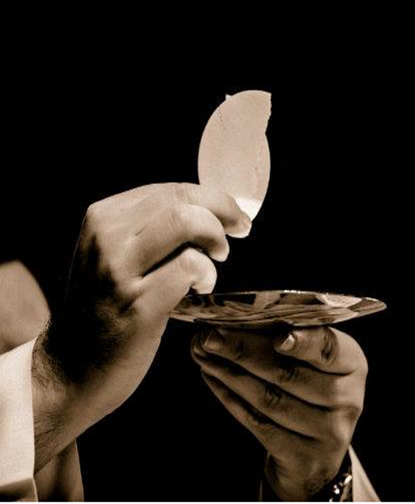When can I receive Communion?
- P. Tarcisio
- 7 ago 2021
- 2 Min. de lectura

This is a question that many Christians ask ourselves. The basic requirements are these:
· Have received the Sacrament of the Eucharist (also called FIRST HOLY COMMUNION). Those who approach por Communion have already received proper instruction on the meaning and importance of this sacrament and they know Who they are receiving.
· Be in the grace of God; that is, having confessed, if they have committed serious sins, or making a deep examination of conscience, repenting of their sins, trusting in the mercy of God, but with the firm intention of not committing them anymore.
· Know what is going to be received and approach Communion with devotion and faith, knowing that it is the Body and Blood of Christ, spiritual food for our life.
There are people who do not dare to receive Communion because they have not confessed; and they are right, if their conscience tells them that they are not well and have committed serious sins. But there are also those who come to communion only out of habit or social commitment, "so that people will not think badly about them" and that is not recommended.
Nor does it correspond to anyone, to give permission or not to receive communion; that is to say, it is not possible to force somebody to receive or deny communion when someone asks for it. But the faithful who approach communion are expected to know what they are doing, and to receive communion with respect and faith. Finally, let us try to receive Communion with a clean conscience and with the commitment to strive every day to be better people and to behave as true Christians, children of God, distancing ourselves from all evil. We cannot separate the Mass from daily life. We cannot take Communion on Sunday to continue sinning during the week.


Comments